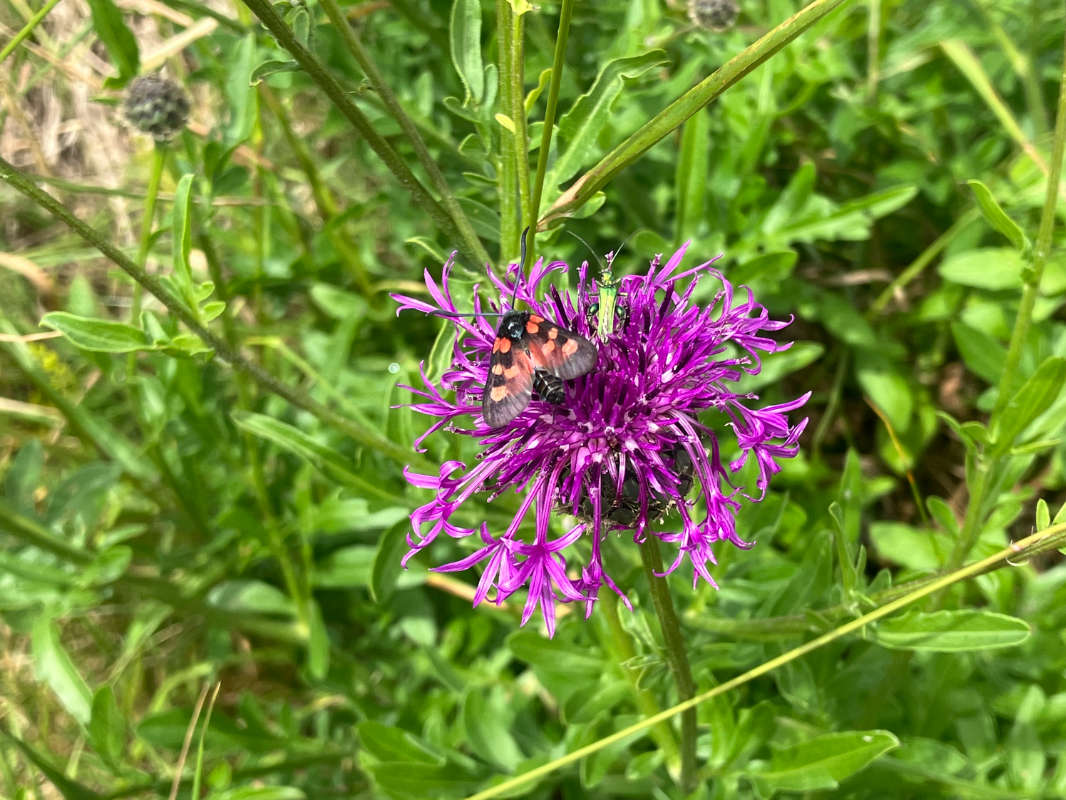
News that the recently rewilded Waterhall Local Nature Reserve is home to a huge and varied range of invertebrates has been welcomed by the council and conservationists.
A recent survey of the former golf course, by expert ecologist Graeme Lyons, found 650 different species of invertebrate, 60 of which are of conservation interest.
This included 40 different species of bee, 25 different butterfly species and a staggering 202 types of beetle!
Invertebrates are animals without a backbone, including beetles, bugs, snails, butterflies, moths and spiders.
“We were blown away by the results!” said Brighton & Hove City Council education ranger Jess Mead.
“Despite being managed as a golf course for so long, Waterhall shows real promise as an important area for wildlife already.
“It’s a fantastic baseline to be starting from.”
Jess added that, due to their dependence on a wide range of different plants and micro-habitats and their importance as a food source for other animals, invertebrates are an incredibly valuable group of animals to record.
“They can give us a good indication of the overall biodiversity of the site, and highlight areas where biodiversity could be improved,” she added.
The Waterhall Local Nature Reserve was recently designated as Open Access Land which means visitors are free to roam across the site and explore the whole 90 hectares.
Councillor Jamie Lloyd, deputy chair of the Environment, Transport and Sustainability Committee, said:
“We are incredibly proud and excited to have created a new nature reserve for the city where residents can discover an amazing, globally rare, chalk grassland habitat right on their doorstep.
“Open access means they can leave the footpaths within the reserve to walk, run, picnic, and watch all the wonderful wildlife.”
To enjoy the site and keep livestock and wildlife safe, visitors are asked to follow these simple rules:
- Keep dogs on leads
- Bag and bin dog waste and other litter. (If you can’t find a bin then take it home with you.)
- Please don’t pick wildflowers. They are an important source of nectar for pollinating insects and we need seeds to develop and stay on site and restore the chalk grassland.
- If you’re cycling or horse riding, please stay on the bridleway.
- If you’re concerned about the welfare of any of our livestock, pleas report using the phone numbers on the Livestock Action Plan located at each entrance
*The Wilding Waterhall project forms part of Changing Chalk; a partnership of organisations led by the National Trust.
The partnership connects nature, people and heritage and is restoring lost landscapes and habitats, bringing history to life and offering new experiences in the outdoors.
Changing Chalk is supported by The National Lottery Heritage Fund and players of People’s Postcode Lottery and has been awarded funding to deliver projects like Wilding Waterhall over the next four years.
Biodiversity is our planet’s life support system. Protecting and restoring nature underpins the health and wellbeing of people and wildlife.

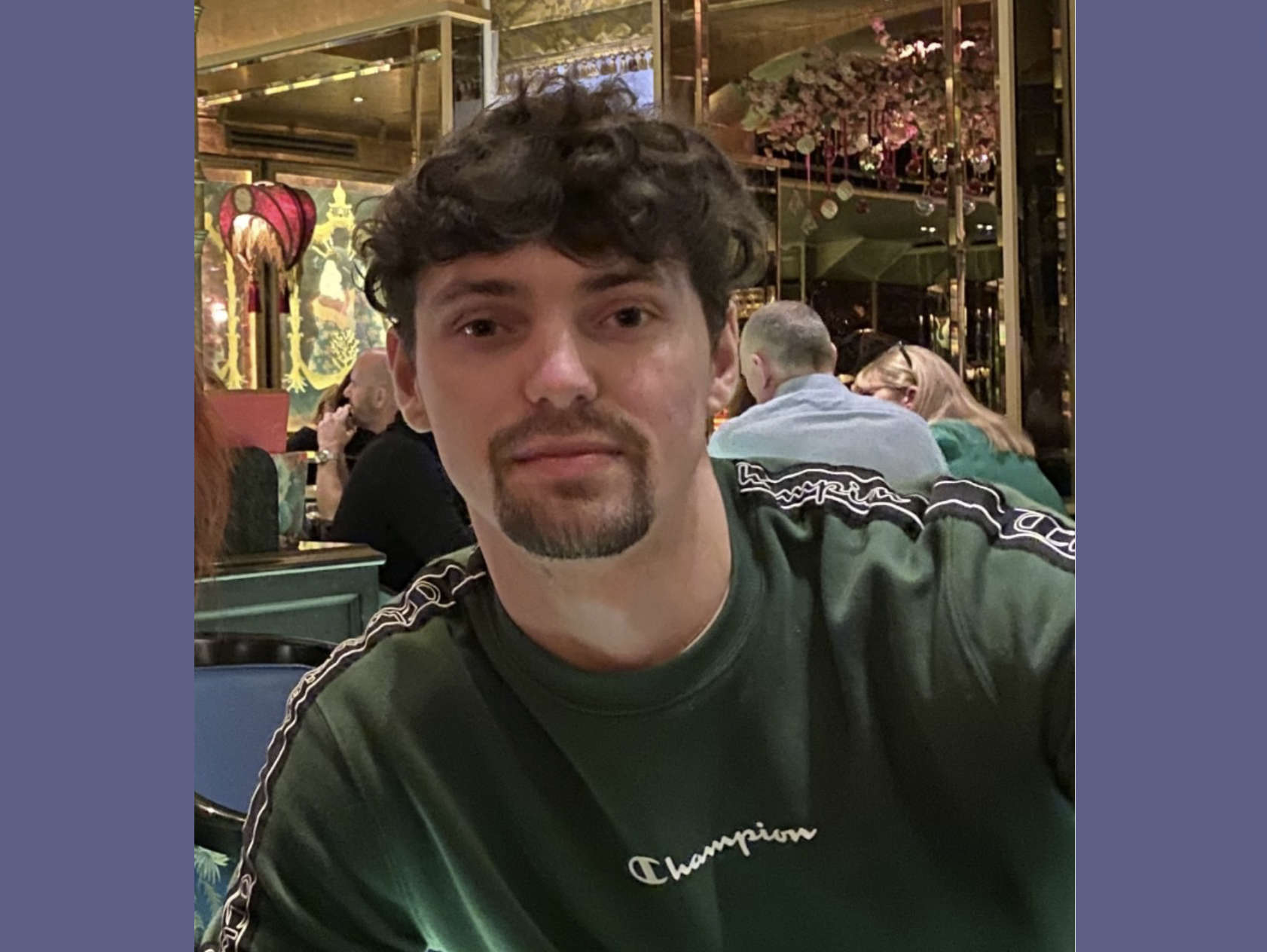 Two Men Jailed For Crawley Murder
Two Men Jailed For Crawley Murder
 Sussex Police Joins National Stalking Awareness Week
Sussex Police Joins National Stalking Awareness Week
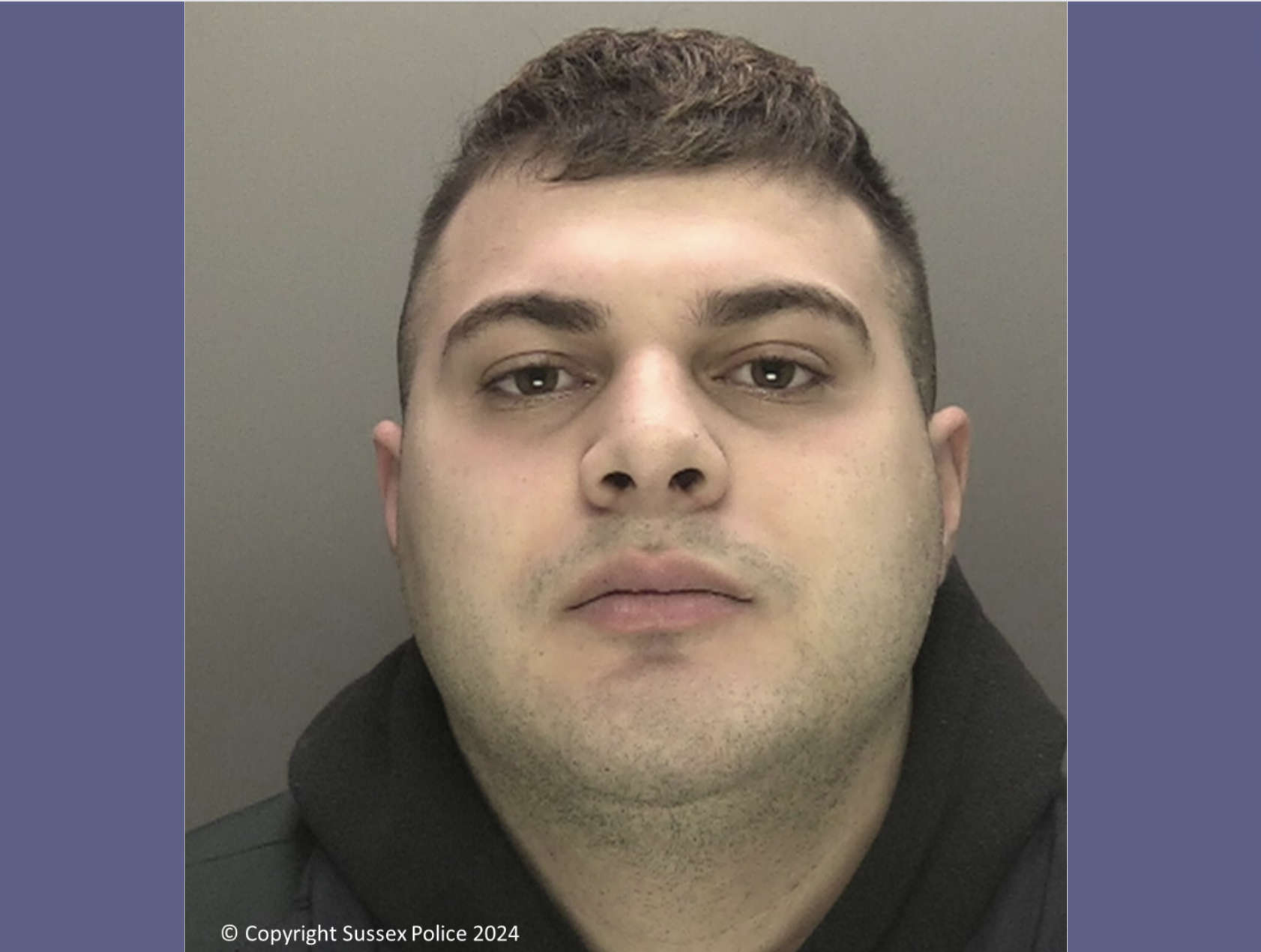 Driver Sentenced Over Horsham Hit And Run
Driver Sentenced Over Horsham Hit And Run
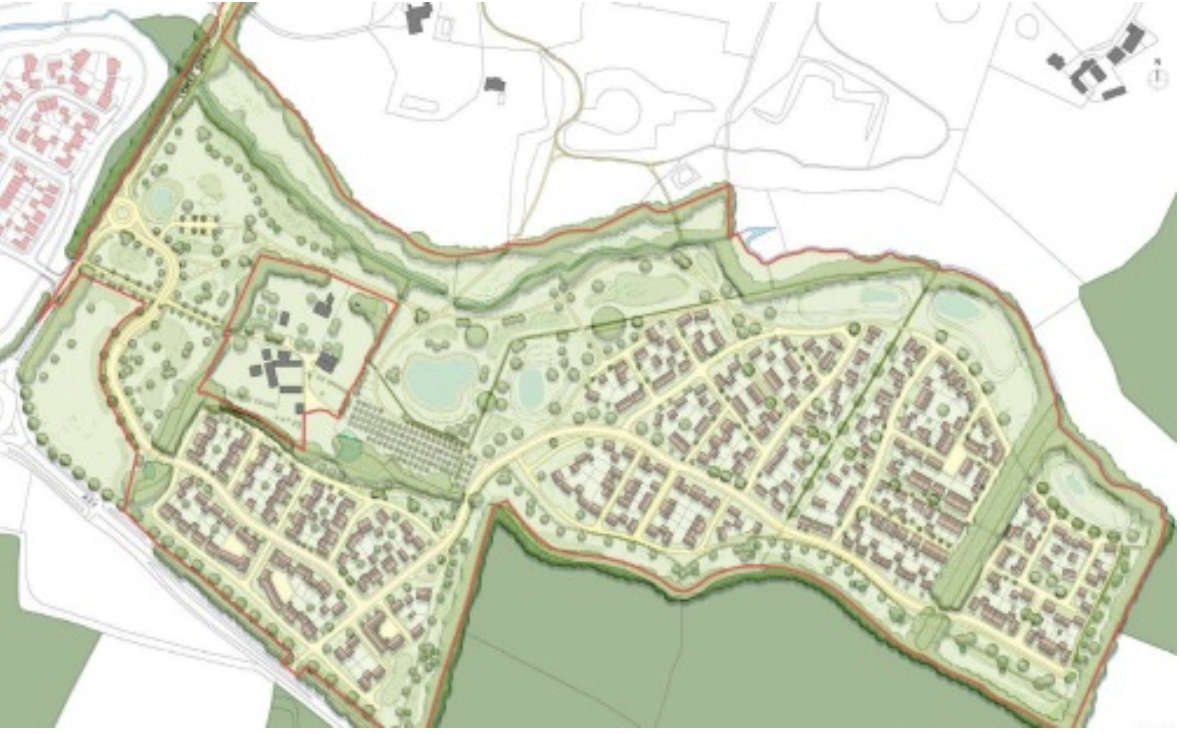 340 Homes Approved For New Development Near Uckfield
340 Homes Approved For New Development Near Uckfield
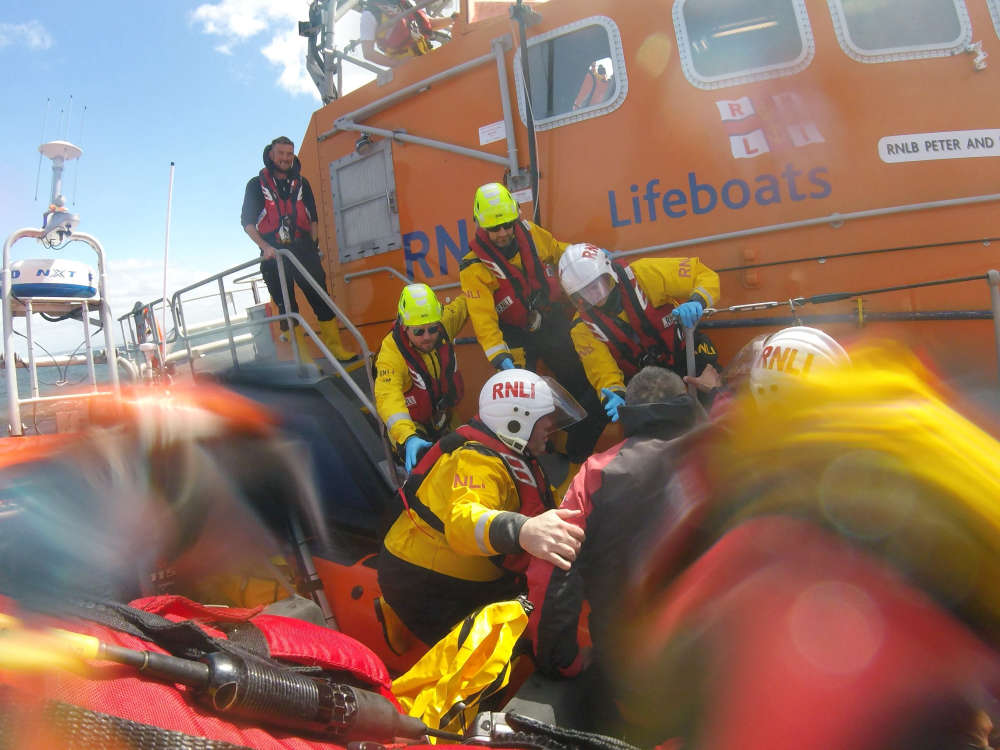 Shoreham And Littlehampton RNLI Assist Rescue After Boat Sinks Off Worthing
Shoreham And Littlehampton RNLI Assist Rescue After Boat Sinks Off Worthing
 Tinder Adds New 'Share My Date' Safety Feature To World's Most Used Dating App
Tinder Adds New 'Share My Date' Safety Feature To World's Most Used Dating App
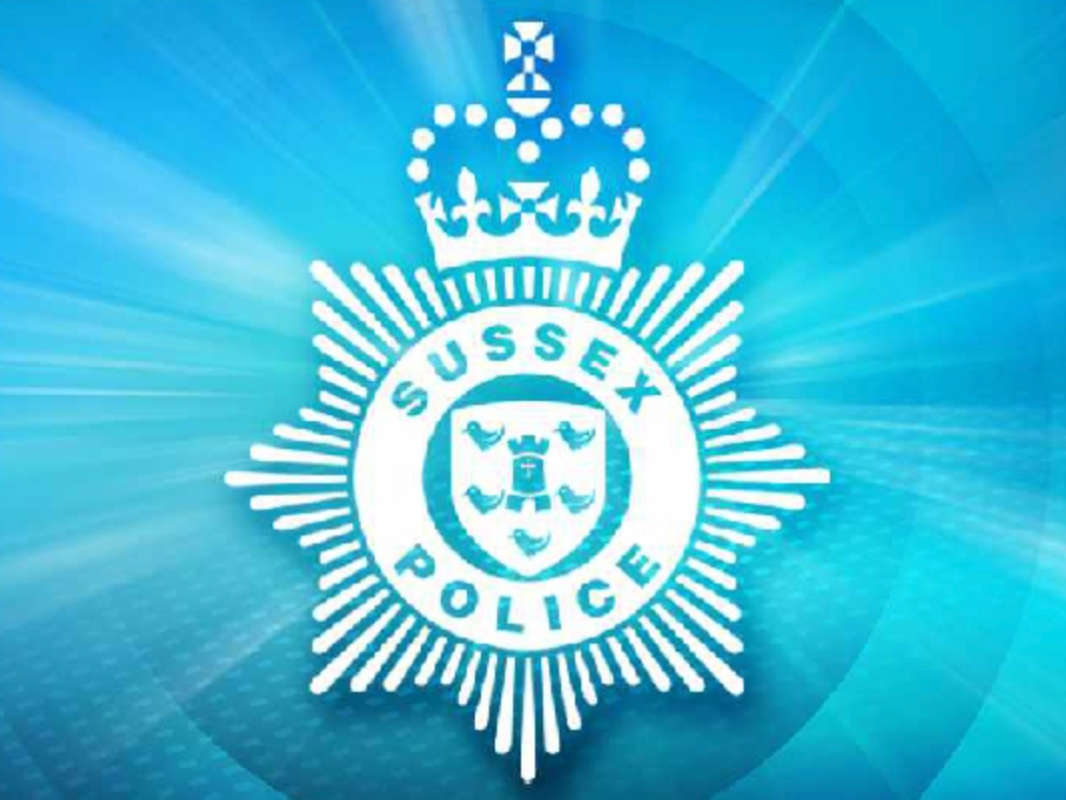 Former East Sussex Police Officer Found Guilty Of Gross Misconduct
Former East Sussex Police Officer Found Guilty Of Gross Misconduct
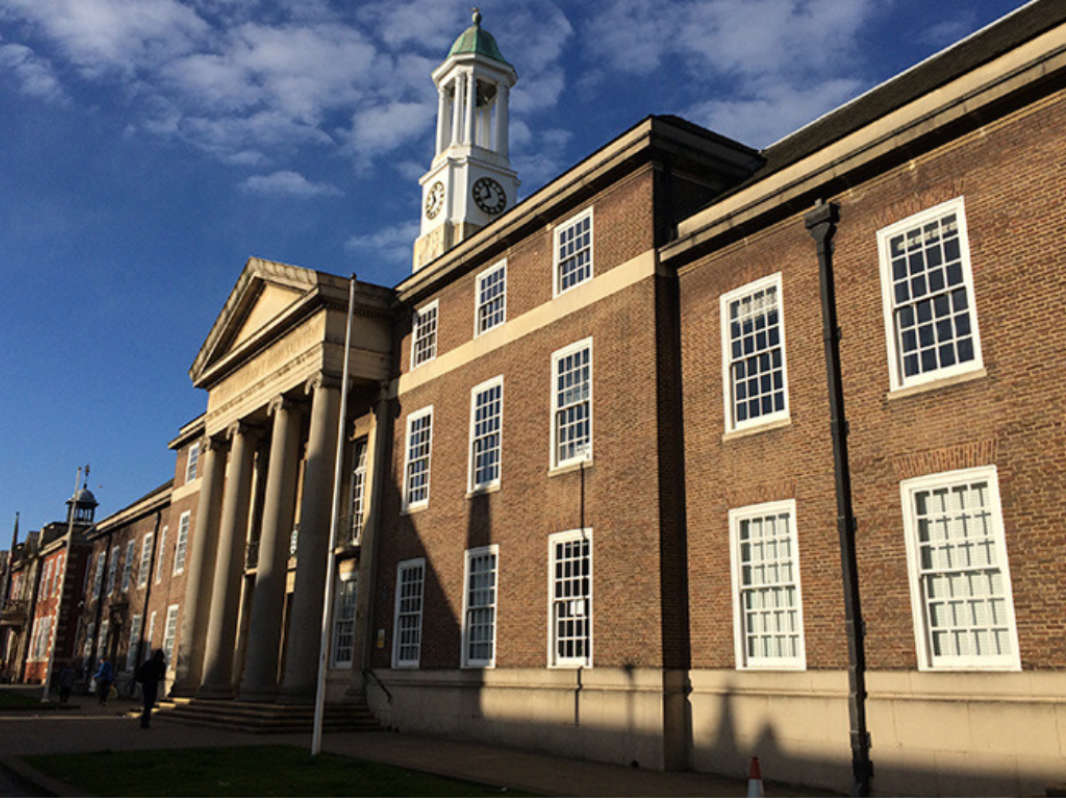 Three Worthing Councillors To Step Down Before Next Elections
Three Worthing Councillors To Step Down Before Next Elections
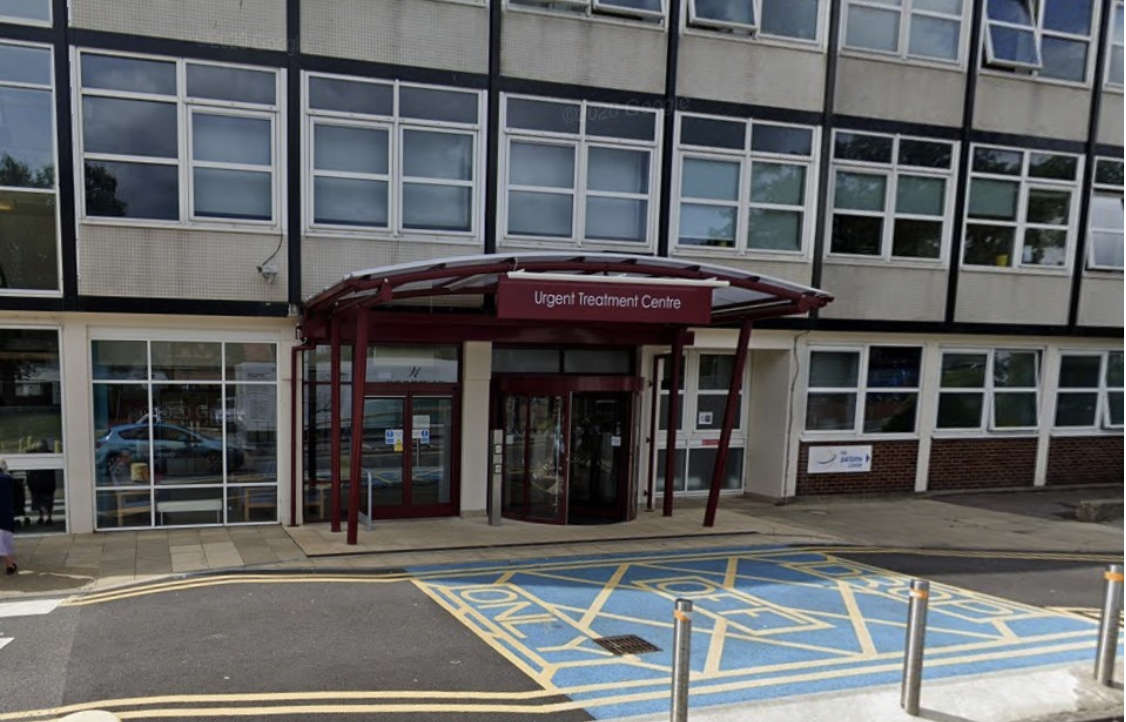 Crawley Politicians React To Forthcoming Hospital Nighttime Closure
Crawley Politicians React To Forthcoming Hospital Nighttime Closure
 Council Approves Worthing FC Grounds Upgrade
Council Approves Worthing FC Grounds Upgrade